Circumcision in Turkey: The First Cut is the Deepest
Whether you support it or not, circumcision in Turkey (sünnet in Turkish), is a touchy subject that can’t be avoided if you stay in the country for any period of time. On my first trip here in 1990 I listened with baited breath as a fellow traveller, an Englishman called Adrian who was bicycling to India, told me about a circumcision ceremony he’d attended. Apparently the boys usually have a kirve, the Turkish equivalent of a male ‘godparent’ to help them. The father of the boy decided that as the guest of honour Adrian should take on this role and more. He held out a rusty razor blade to the hapless foreigner, and repeatedly urged him to do the deed. Adrian somehow managed to get out of performing the task itself, but it was a close thing.
Fast forward twenty odd years later to when I gave English lessons to the son of a woman who worked at my bank. The lessons always took place in their home and one day I arrived to learn her son had recently been circumcised. He was about eleven years old at the time and had no qualms about explaining the procedure to me in detail. Feeling weak I could only comment faintly that it must have hurt, a lot. He strongly denied this and to emphasise his point he proudly and firmly knocked on the protective box he was wearing. I felt extremely uncomfortable talking about it but I was the only one embarrassed by the subject.
Circumcision in Turkey is usually deferred until boys are around the age of seven, and rather than being a private undertaking it is a very public coming-of-age ritual. The celebration is normally held after school closes for the summer holidays or in the autumn, just before school goes back. A boy who is to be circumcised is called sünnet çocuğu, child of the circumcision, and he is treated like a prince.
Traditionally his father would buy him an elaborate circumcision outfit as well as clothes for their relatives to wear. The boy’s costume consists of a satin cloak, often edged with feather boa finery in the same colour, a natty bow tie, an elaborate cummerbund, a sünnet sceptre and a matching hat. Some even get to wear an ornamental dagger tucked into their belt. A sash with the inscription Maşallah, meaning “May God protect the wearer from the evil eye”, is worn across the body.
The belief in the power of the evil eye, a curse believed to be cast by a malevolent glare known as nazar in Turkish, remains strong throughout the country. These days the boy’s costume can also be rented. Every town and city has at least one store specialising in sünnet clothing and accessories, although the market has also moved online with numerous companies investing in websites offering a richly seductive selection of outfits with exotic names like ‘The Taj Mahal” or the ‘Istanbul Silver White’.
Traditionally, a few days before the circumcision ceremony the boy visits his relatives and neighbors in his circumcision outfit and kisses the back of their hand before touching it to his forehead as a sign of respect. Every person whose hand is kissed customarily gives him money. In villages in Anatolia, the young boy, before being circumcised, travels on horseback or in a procession consisting of cars in and around the village. The boy is brought into the circumcision hall just before noon and won’t dismount from his horse or get out of the car until he receives money from his father.
Common to both rural and urban ceremonies is that all the guests come together and chant a mevlit, a special series of prayers, and eat a meal while waiting for the arrival of the little prince. When I lived in Kayseri in central Turkey local television stations would broadcast these events live. My husband and I liked to watch and comment on the proceedings while eating our dinner on freezing cold winter nights.
Much of these televised events of circumcision in Turkey consisted of watching people sitting around doing nothing more than eating and chatting. The camera would pan achingly slowly around the room, lingering on each and every table of guests in turn, before finally focusing on the guest of honour.
Resplendent in his sünnet suit, the boy reclined on a double bed that was equally splendid. Positioned on a stage to give maximum exposure, the bed was dressed in special satin sheets with matching sünnet pillows. There might be towel beside him with his name and the date embroidered on it in gold or silver thread, commemorating the event. As he lay there smiling bravely his family and then all the relatives and other guests would come up one by one to give him a gift. It’s usual to give a Cumhuriyet Altını, a gold coin of particular value, or a watch as a gift to the boy, in accordance to one’s relationship with him or his parents. The handing over of presents would be is accompanied by the uttering of phrases such as “Oldu da bitti Maşallah”. “Well, it’s all over and done” or “Allahü ekber”, “God is the greatest”, to signal the end of the procedure and mark its importance.
Read the full version of this story, and much more, in
Inside Out In Istanbul: Making Sense of the City.
*********************************
Planning to come to Istanbul or Turkey? Here are my helpful tips for planning your trip.
For FLIGHTS I like to use Kiwi.com.
Don’t pay extra for an E-VISA. Here’s my post on everything to know before you take off.
However E-SIM are the way to go to stay connected with a local phone number and mobile data on the go. Airalo is easy to use and affordable.
Even if I never claim on it, I always take out TRAVEL INSURANCE. I recommend Visitors Coverage.
I’m a big advocate of public transport, but know it’s not suitable for everyone all the time. When I need to be picked up from or get to Istanbul Airport or Sabiha Gokcen Airport, I use one of these GetYourGuide website AIRPORT TRANSFERS.
ACCOMMODATION: When I want to find a place to stay I use Booking.com.
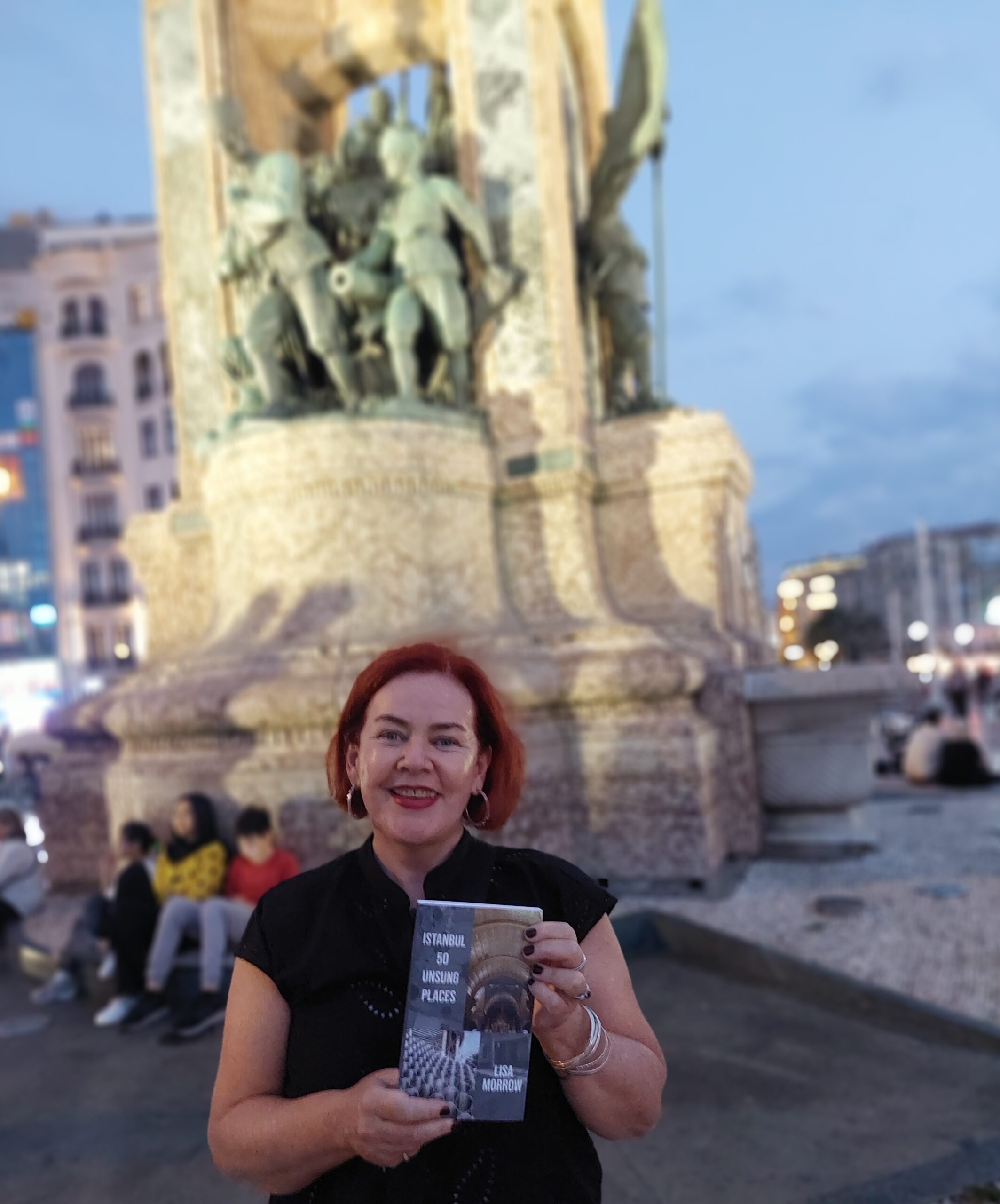
CITY TOURS & DAY TRIPS: Let me guide you around Kadikoy with my audio walking tour Stepping back through Chalcedon or venture further afield with my bespoke guidebook Istanbul 50 Unsung Places. I know you’ll love visiting the lesser-known sites I’ve included. It’s based on using public transport as much as possible so you won’t be adding too much to your carbon footprint. Then read about what you’ve seen and experienced in my three essay collections and memoir about moving to Istanbul permanently.
Browse the GetYourGuide website or Viator to find even more ways to experience Istanbul and Turkey with food tours, visits to the old city, evening Bosphorus cruises and more!
However you travel, stay safe and have fun! Iyi yolculuklar.
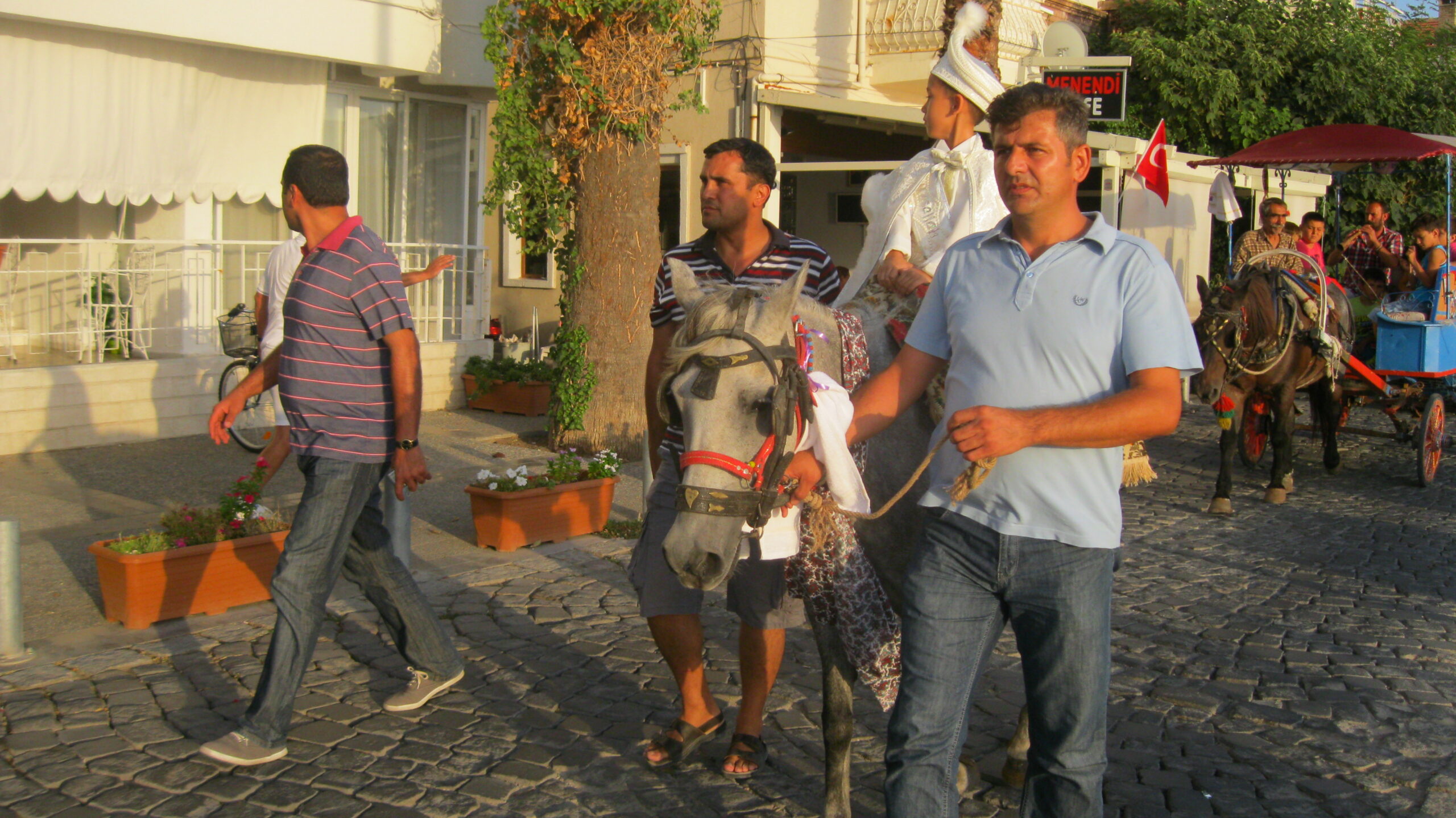
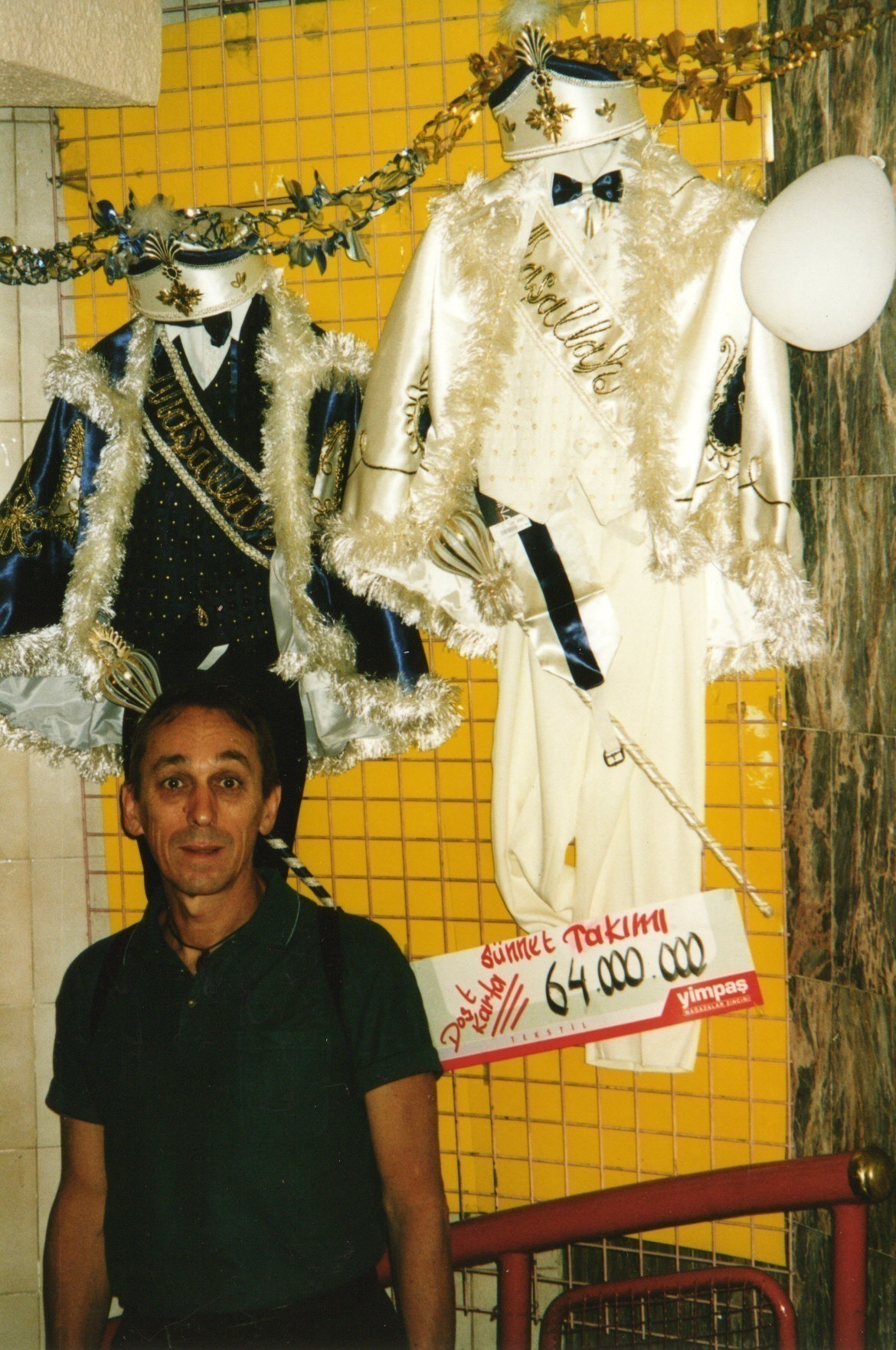
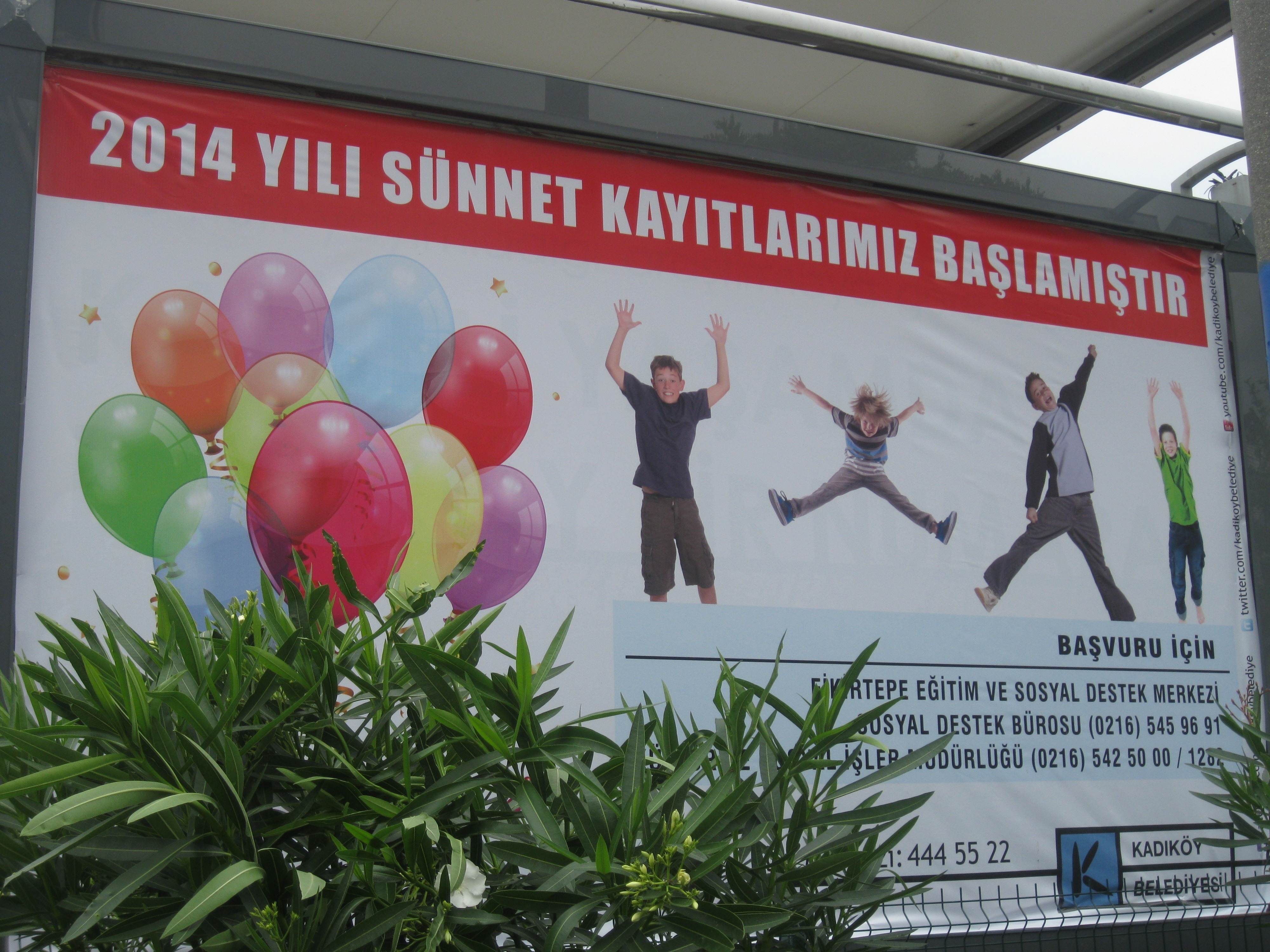
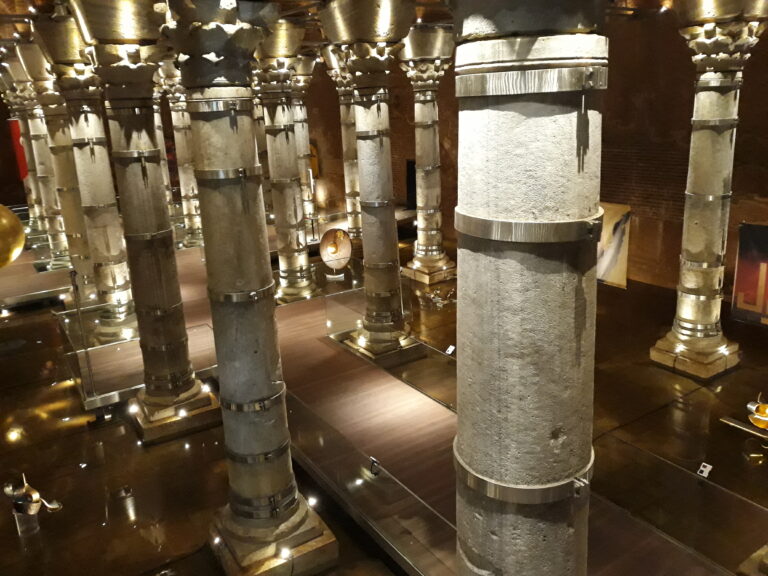

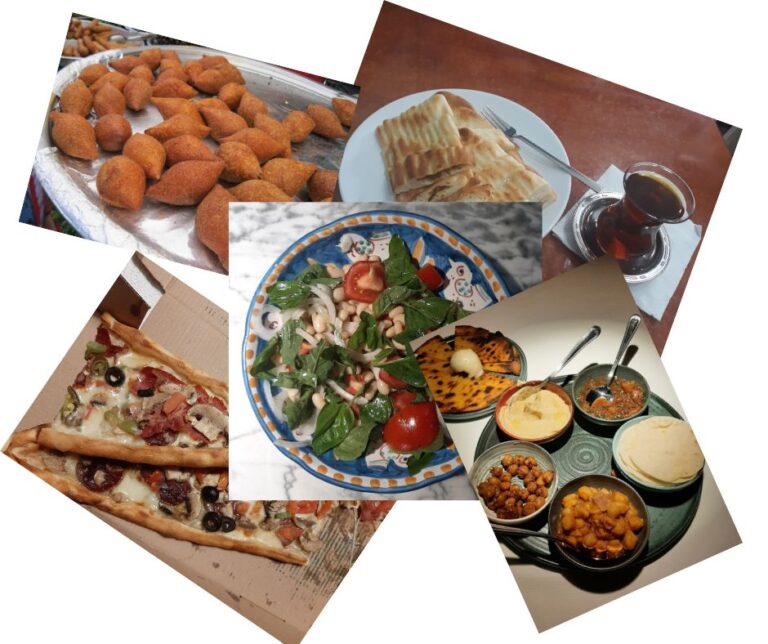
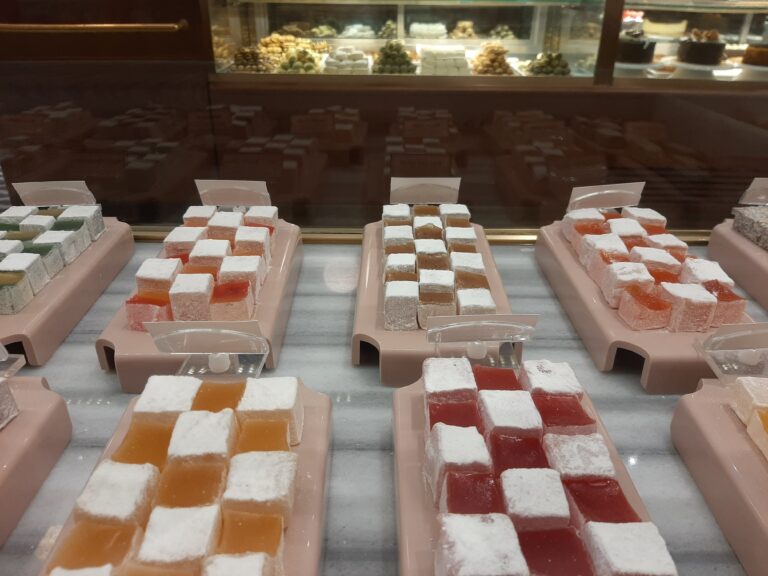
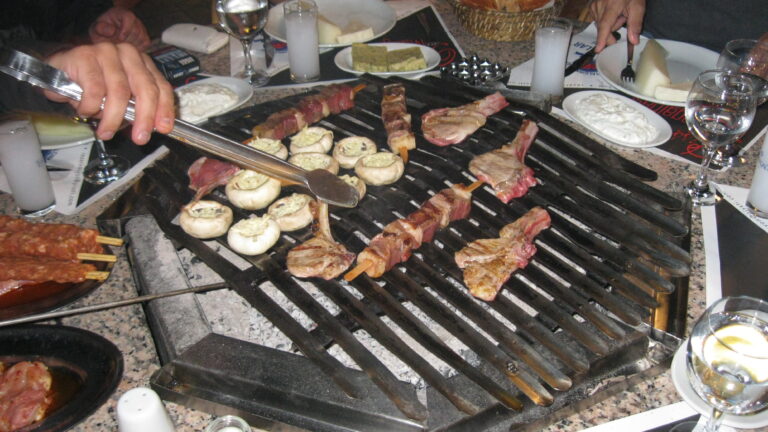
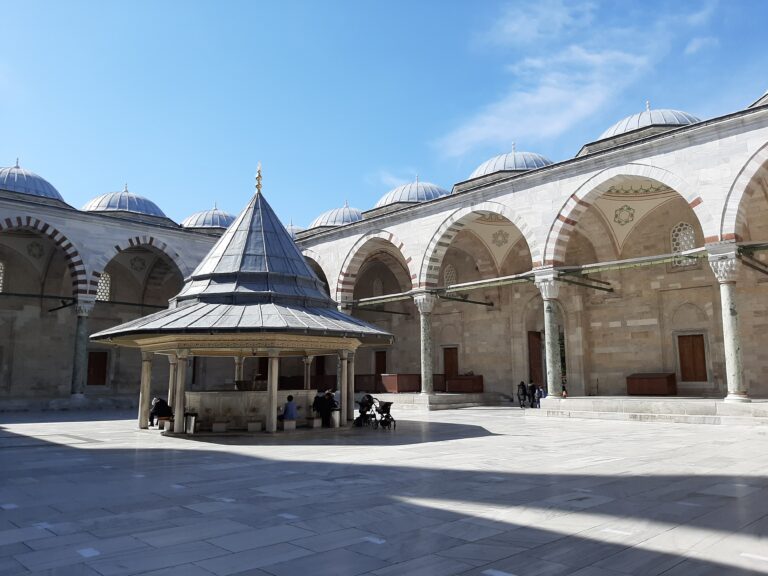
My step mom is from a Turkish Cypriot family, but is not a practicing Muslim. She strongly believes in circumcision. I have step brother 6 months older than me. Normally each summer we have a four week family holiday in Turkey, back in her home town. Usually in 2007, my father was training with the RAF, in the USA. My step mom was a UN translator, when she meet my Raf officer Father in the UN manned border.
She took us boys that summer to main land Turkey, to her traditional family village, going back 100 years. She over a period of years had talked about me being circumcised and being a good Turkish boy. I wanted to be like my Turkish cousins, and along with my step brother we were tradionally circumcised in annual mass Village circumcision ceremony, which was locally recorded. She wanted me tradionally circumcised so that I could marry a Turkish girl, without any issues.
To long a story for this comment. My Father was not to happy, but my step mom, had legally adopted me, and he accepted it.
Years later my step brother married a red head from Dublin, whilst I accepted an arrange marriage with a girl from this village. It had been arranged for my step brother on our circumcision day, following local tradition. But I accepted the pledge, as next in line.
Yasmin was 18, and I was 22 out of university. Iam not religious at all like my step mom, and yasmin is more Conservative, and a practicing Muslim to some extent when it suits. I joined the RAF as well.
I follow all the hygiene rules, no pubic or under arm hair. A little embarrassing when I started to develop, my step mom instructed me what to do and what’s expected. But since age 14, I have been a good little Turkish boy, thankfully guided by my uncle, as well. He worked in Turkish embassy.
My other half still resents being forced into the ceremony at 9 years old. He thinks it is barbaric. In his day there was no anaesthetic just a guy holding both arms with a knee in the child’s back.
That must have been so traumatic, not to mention excruciatingly painful. Sadly, tradition sometimes overrides commonsense in this otherwise wonderful country we choose to call home.
“He thinks it is barbaric”
I wonder whatever could give him the impression that taking a child, forcibly restraining him, taking a knife to his penis and slicing off a part of it against his will for no reason is barbaric?
That sounds horrific. We have a friend who’s a doctor and he preforms the procedure at his clinic in a calm sterile environment so the boys just remember the presents rather than the pain. Nonetheless, the fact it’s done when the boys are old enough to know what’s happening is quite hard to accept.